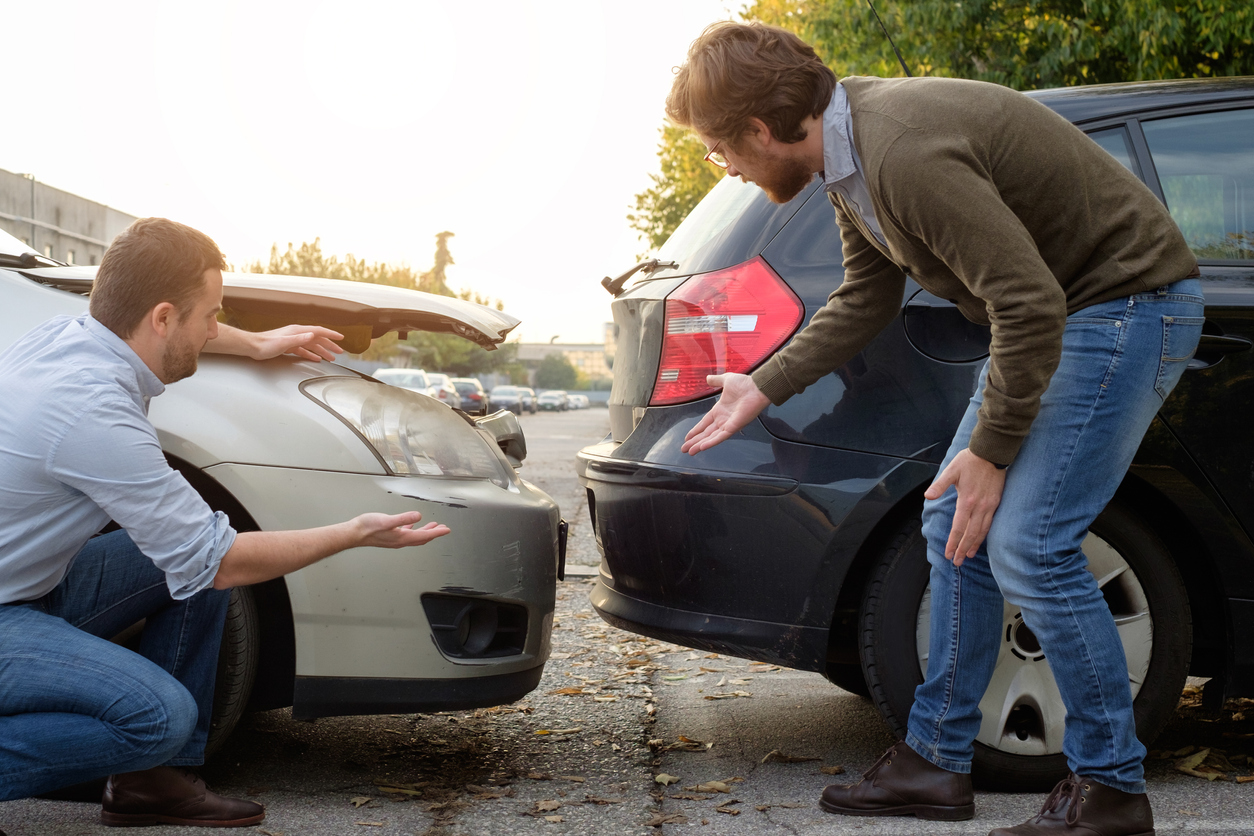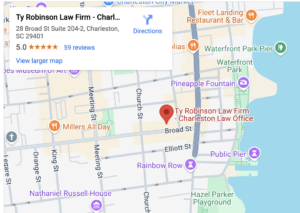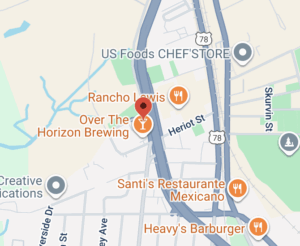Ty Robinson | October 28, 2025 | Car Accidents

Drivers must use non-verbal cues and signals to communicate with one another on the road. For example, a driver might make a hand motion at an intersection, indicating that they’re waiting for you to proceed. Another might wave at you in appreciation after you allow them to merge on a busy highway.
Not all behaviors are friendly or helpful, though. Some, like brake-checking, can be downright dangerous and lead to unnecessary motor vehicle accidents.
What Is Brake-Checking?
Brake-checking is when a driver suddenly and forcefully applies their brakes while in front of another vehicle. As a result, the driver of the rear car, and potentially others behind them, must either abruptly brake or swerve out of the way to avoid a collision. The act is often seen as an aggressive, non-verbal way to communicate to a driver following too closely: “Back off!”
South Carolina doesn’t specify the number of crashes believed to be caused by brake-checking as part of its official accident statistics. However, certain contributing factors, such as distracted driving or going too fast for conditions, may be present in brake-check crashes. These and other conditions, like improper lane usage, are common in South Carolina crashes.
Brake-checking may be considered reckless driving and can result in both criminal penalties and civil liability.
Why Do Drivers Brake-Check Each Other?
There are several reasons why one driver might choose to brake-check another. For example, one driver may be annoyed at another and brake-check the second driver as a way of expressing their frustration. They might feel that their actions are justified because, by performing a brake-check, they’re making the other driver experience similar emotions.
Other drivers may engage in brake-checking because they feel that the driver behind them is acting unsafely or following too closely. In doing so, they’re attempting to communicate to the trailing driver that they’re concerned about their safety because of the way the latter is operating their vehicle.
Finally, some reckless drivers brake-check others as a way of displaying dominance on the road. For these thoughtless motorists, the risk of a crash may be part of the thrill that drives them to commit this behavior. Young, inexperienced drivers and those under the influence of alcohol or drugs may be more likely to engage in brake-checking for this reason.
Risks Of Brake-Checking
Brake-checking creates a substantial risk of a rear-end collision. The driver in the rear may not have enough time to apply their brakes or maneuver to avoid a crash. Alternatively, they might collide with another vehicle in an adjacent lane while attempting to move out of the way of the car in front of them.
The probability of an injurious or deadly outcome increases as the vehicles are traveling faster or there is more traffic on the road. Additionally, brake-checking is often viewed as an aggressive behavior. This could cause nearby drivers to become enraged, leading to other dangerous situations.
Recognizing The Impact Of Brake-Checking In South Carolina
Despite the numerous risks associated with the practice, drivers continue to brake-check one another. However, there’s never a good reason to do so, as it unnecessarily increases the chances of a serious crash.
Contact Ty Robinson Law Firm For A Free Consultation With A Charleston Car Accident Lawyer
Were you injured in a rear-end collision or other crash caused by brake-checking in South Carolina? You may be entitled to compensation for your medical expenses, lost wages, and pain and suffering. Ty Robinson Law Firm can help you understand your legal rights and fight for the justice you deserve.
If you were injured in an accident in Charleston, South Carolina, and need legal help, contact our Charleston car accident lawyer at Ty Robinson Personal Injury & Car Accident Law Firm to schedule a free case review today.
Ty Robinson Personal Injury & Car Accident Law Firm
28 Broad St Suite 204-2
Charleston, SC 29401
(843) 278-2222



